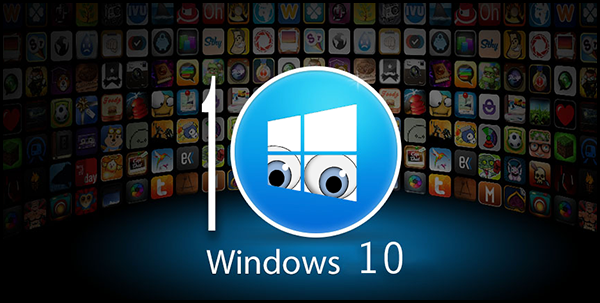"Introduction: Snooping keystrokes (a.k.a., keystroke inference attacks) seriously threaten information security and privacy.
By launching such an attack, an adversary has an opportunity to steal sensitive information such as accounts, passwords, credit card numbers, SSNs, and conidential (sic) documents[1, 15, 29, 30] from the victims when they are typing on a keyboard.
Smartphone-based snooping [15, 18, 24] further eases the launching when an adversary could intentionally leave his own smartphone near the victim’s keyboard.
Furthermore, an attacker could spread a malicious mobile app (e.g., in app markets) that pretends to be a normal audio playing and recording application but stealthily collects user’s keystroke data over the Internet. He may afect (sic) a large volume of smartphones and enable large-scale keystroke inference attacks as shown in Fig. 1..." more





















